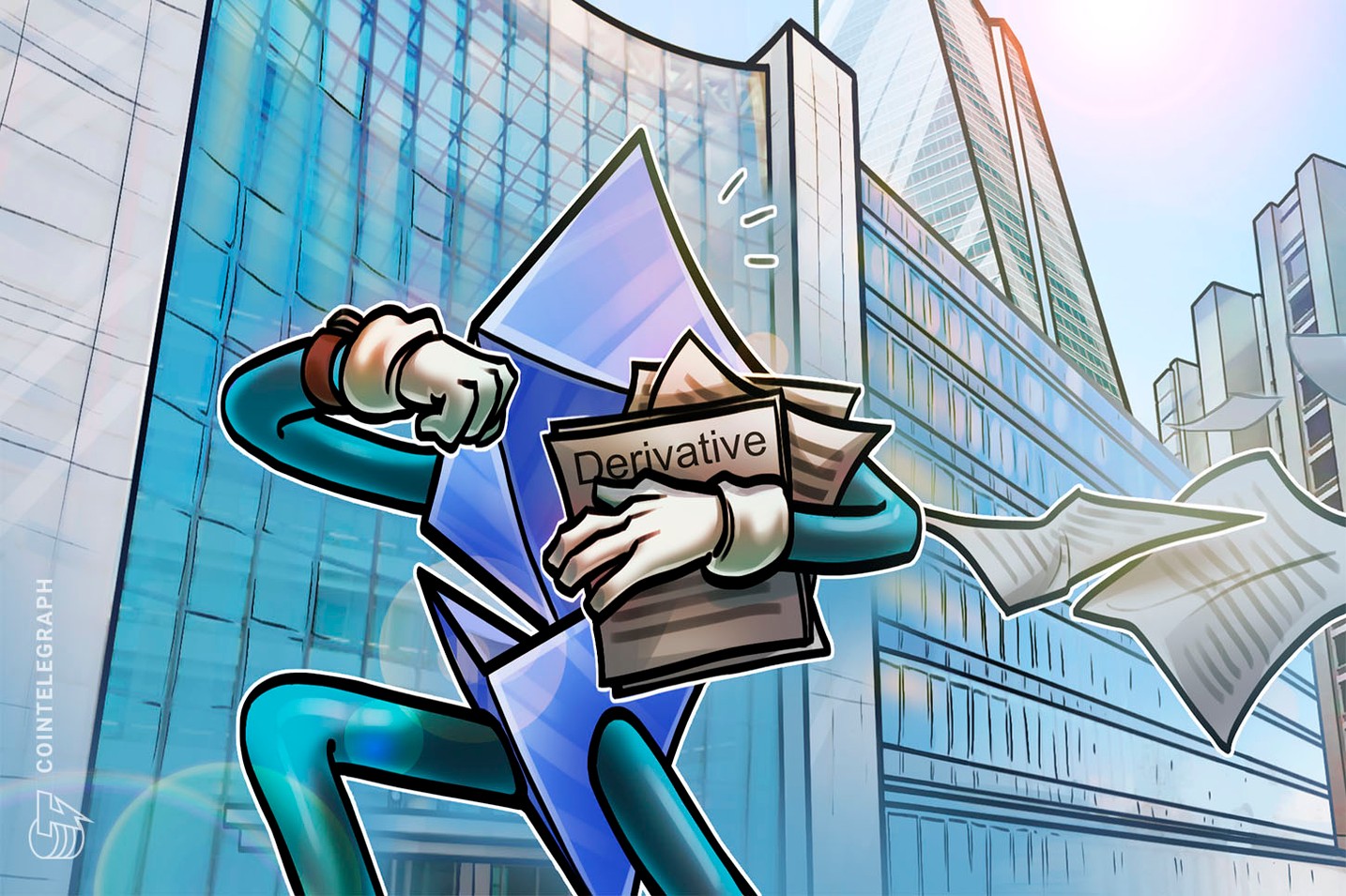Ether (ETH) has been trading within a narrow 6% range between $3,370 and $3,560 for the past week. Notably, Ether's last close above $3,600 occurred on June 17, potentially missing a significant opportunity from the spot Ethereum exchange-traded fund (ETF) listing in the United States on July 23, an event anticipated for over three years.
One can hardly blame the lack of momentum in cryptocurrencies given that Bitcoin (BTC) is trading merely 10% below its all-time high. More importantly, US-listed spot Bitcoin ETFs have amassed $961 million in net inflows over the last two trading days. The lack of excitement for Ether becomes evident in ETH derivatives metrics. But does that imply that traders are betting on a price decline?
Uncertainty in Ethereum ETFs flows and Mt. Gox Bitcoin transfers
Analysts were optimistic about the net inflows for the spot Ethereum ETFs. However, there were concerns about potential outflows from the Grayscale Ethereum Trust (ETHE), which was converted from a trust fund that previously did not allow investors to cash out. Grayscale’s decision to keep ETHE expense fees at 2.5%, which is much higher than competitors, also influences this movement.
Crypto market maker Wintermute wrote in a July 21 research report that it expects Ethereum spot ETFs to generate up to $4 billion in inflows in the initial 12 months of trading. Others, like the ASXN crypto asset manager, were more optimistic, anticipating $4 billion in net inflows in less than five months. The firm added that the launch of Grayscale's mini Ether ETF, which charges 0.15% fees, will mitigate eventual outflows.
Regardless of the initial demand for the aggregate spot Ethereum ETFs, cryptocurrency investors are somewhat concerned after the Mt. Gox exchange estate moved 47,500 Bitcoin, worth $3.2 billion, on July 23. The bankruptcy process plan announced on July 5 established plans to carry out payments to creditors. The uncertainty stems from not knowing how much of the 140,000 BTC held by Mt. Gox addresses will be sold in the market.
In essence, Ether bulls are hesitant to add positions ahead of the aggregate spot ETF net flow data, at least for the initial days, and due to the fear of a potential market sell-off driven by Bitcoin that has been locked for over a decade. These concerns explain why Ether's price has been unable to break above $3,600 in the past five weeks. But does that justify investors’ lack of optimism according to ETH derivatives?
Ether derivatives show a lack of confidence, but there’s a silver lining
The options market provides insight into the dynamics ahead of the spot ETF expectations. If the market is optimistic, one typically sees a -7% delta skew, as put (sell) options become cheaper than equivalent call (buy) options. Conversely, a skew metric above 7% usually indicates an imminent fear of price corrections.

Data shows Ether options skew has been unable to break below the neutral -7% threshold over the last couple of weeks. This is particularly noteworthy as the ETH price gained 21% between July 7 and July 21, indicating a lack of conviction even as Bloomberg analysts had high confidence in the imminent spot Ethereum ETF launch.
Traders should also consider the ETH monthly futures markets to assess investor sentiment. In a neutral market, these contracts usually trade at a 5% to 10% annualized premium (basis rate) relative to regular spot ETH markets to compensate for their extended settlement periods.

Notice that the ETH futures premium has held above the 10% neutral threshold for the past week, signaling moderate optimism. For comparison, the indicator jumped to 25% in mid-March after Ether's price rallied 77% in less than five weeks. Hence, it would be incorrect to state that Ether investors are bearish. Additionally, the lack of confidence represents a potential price upside if the spot Ethereum net inflows are confirmed.
